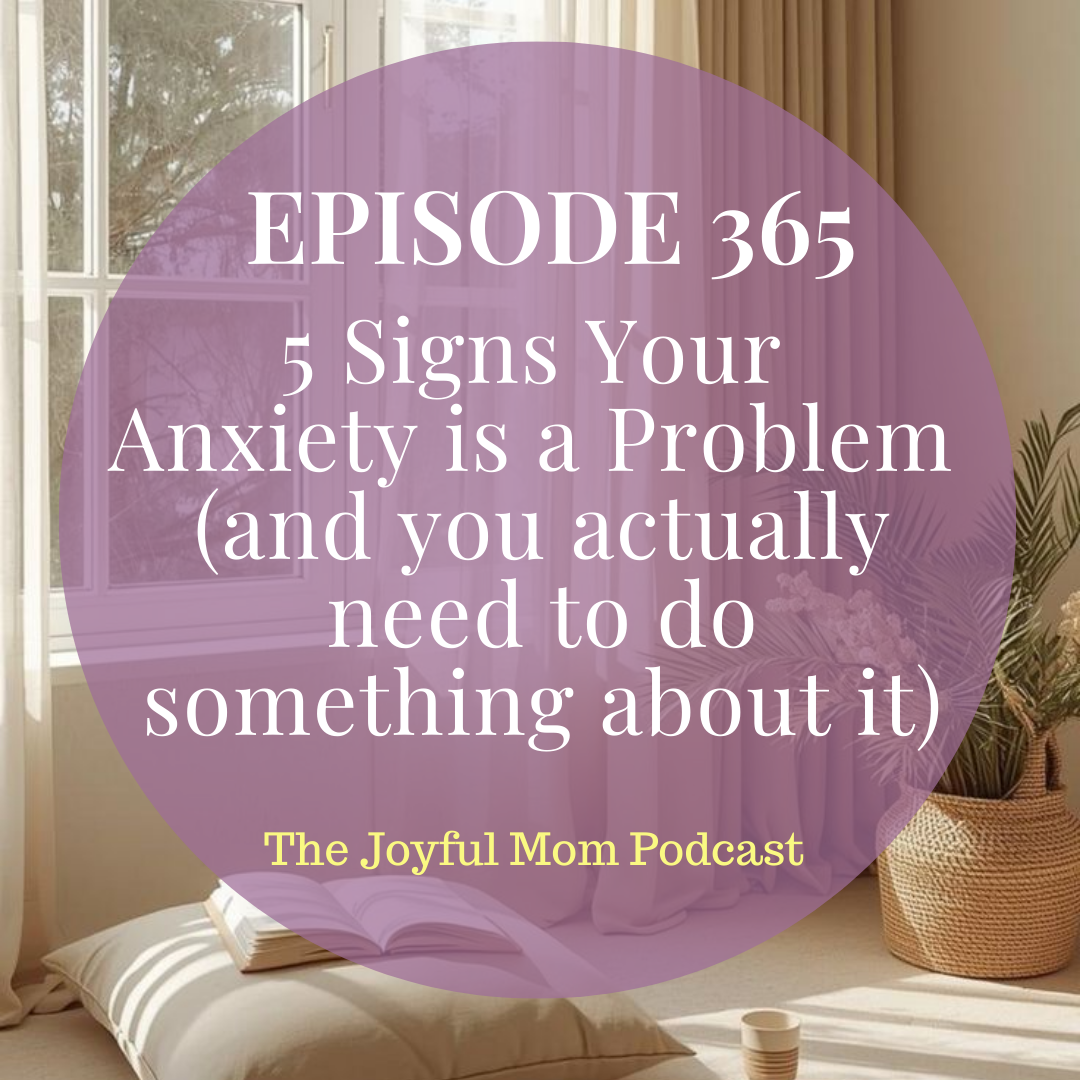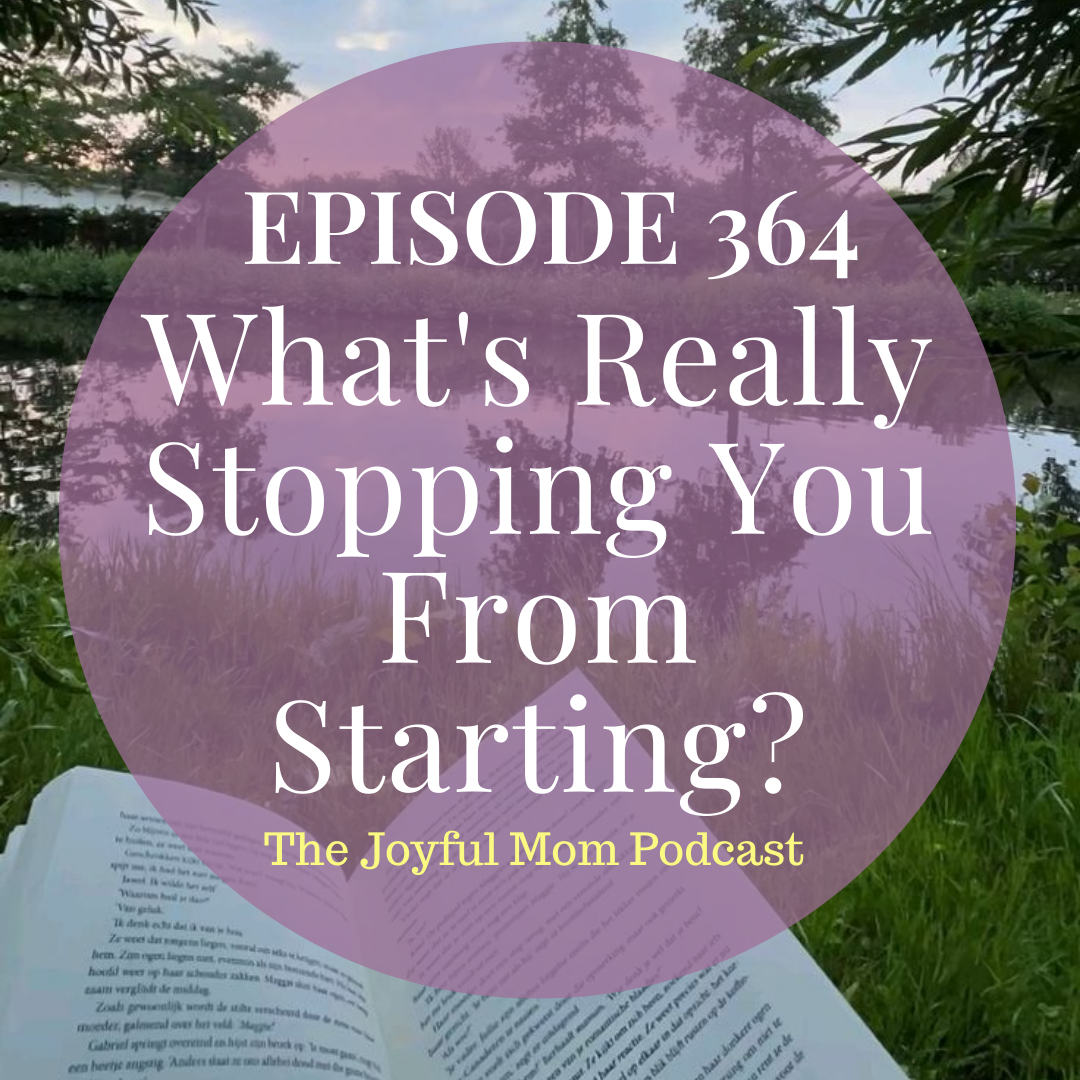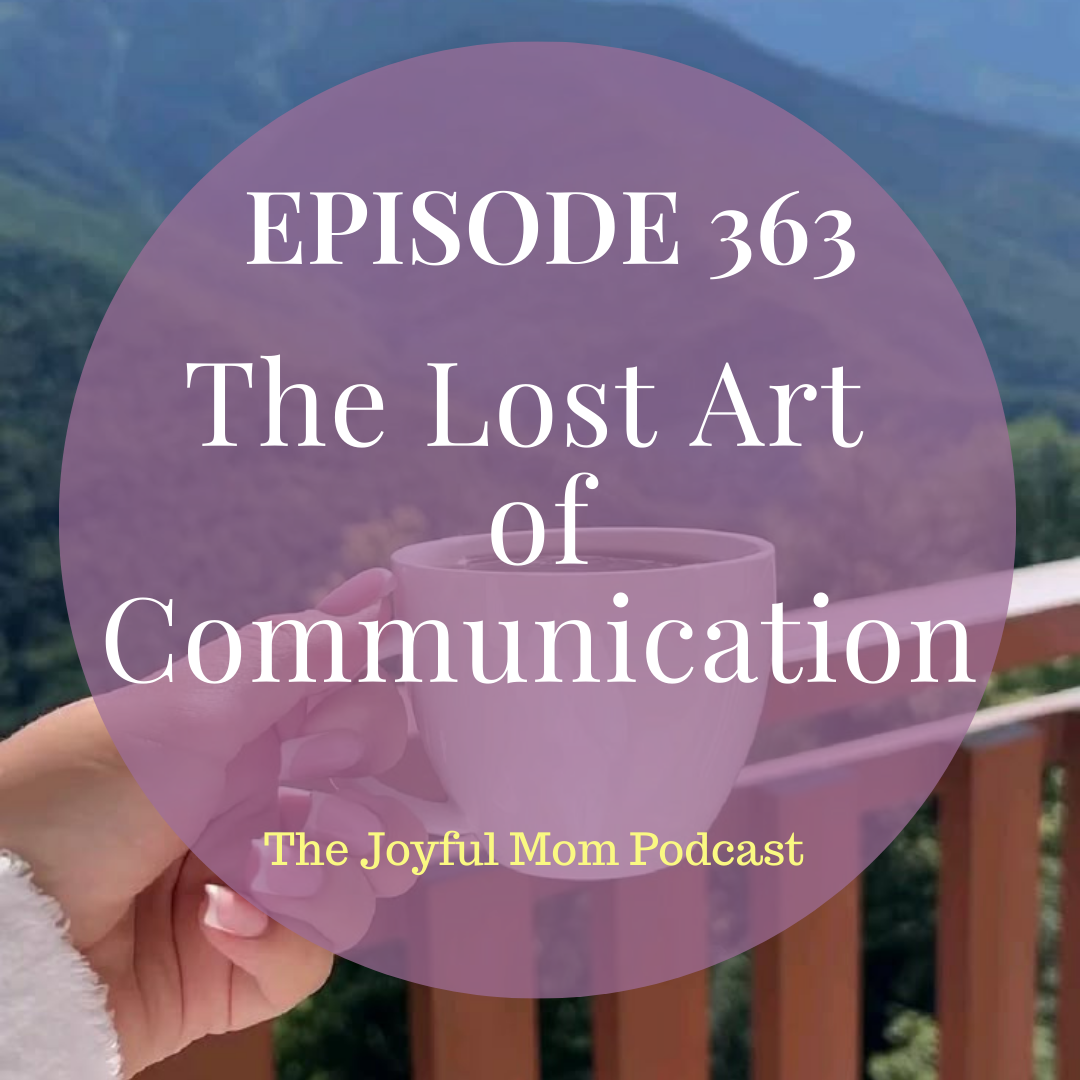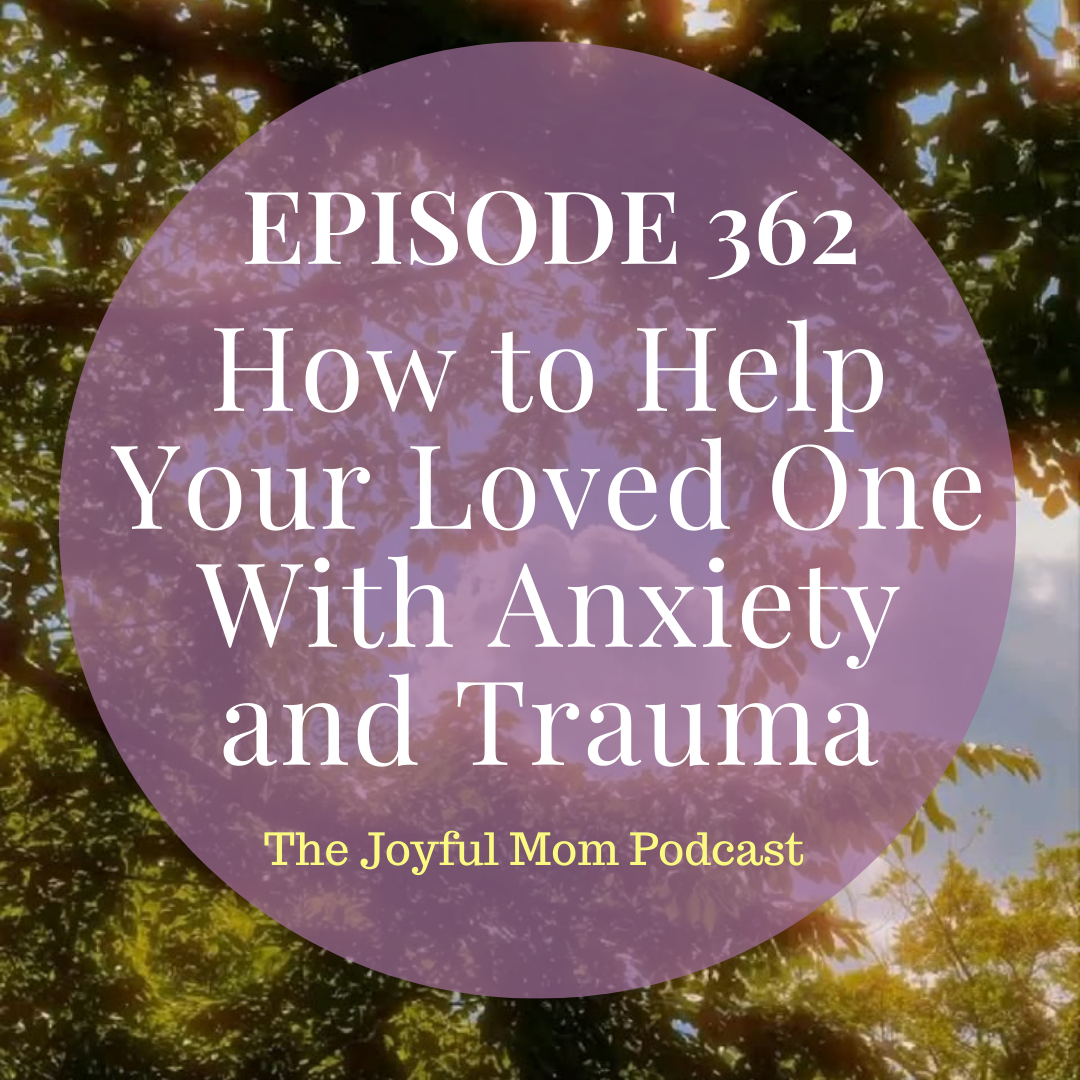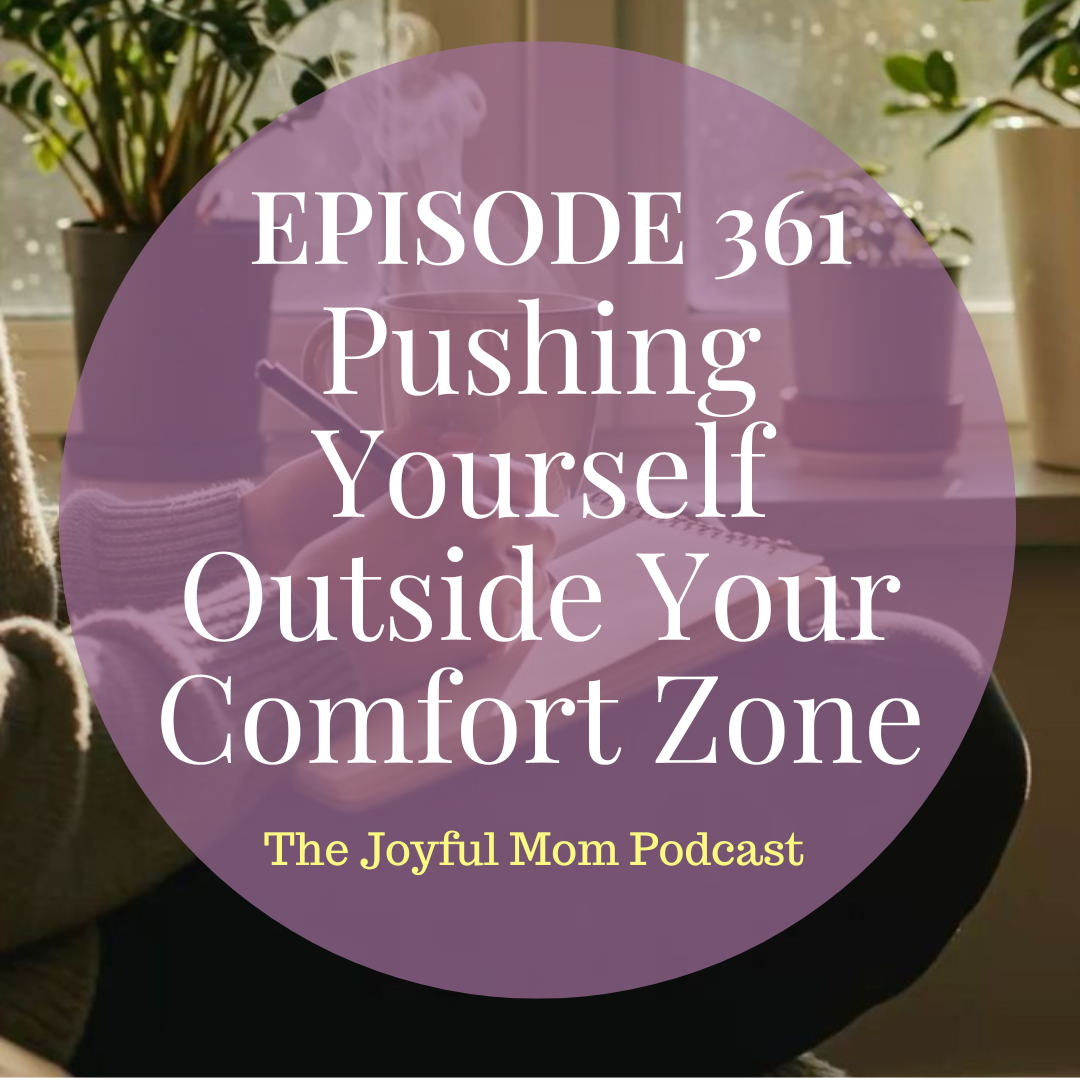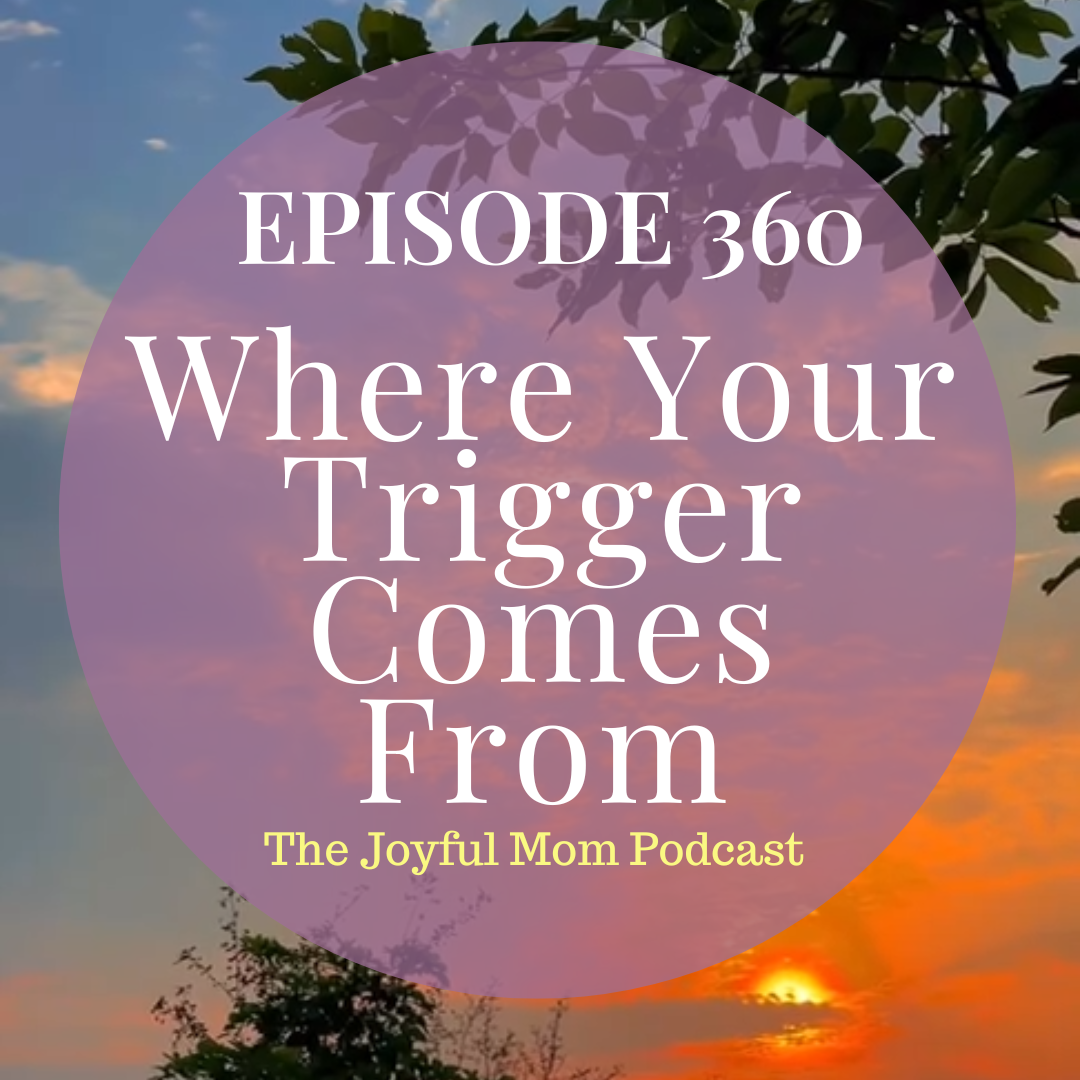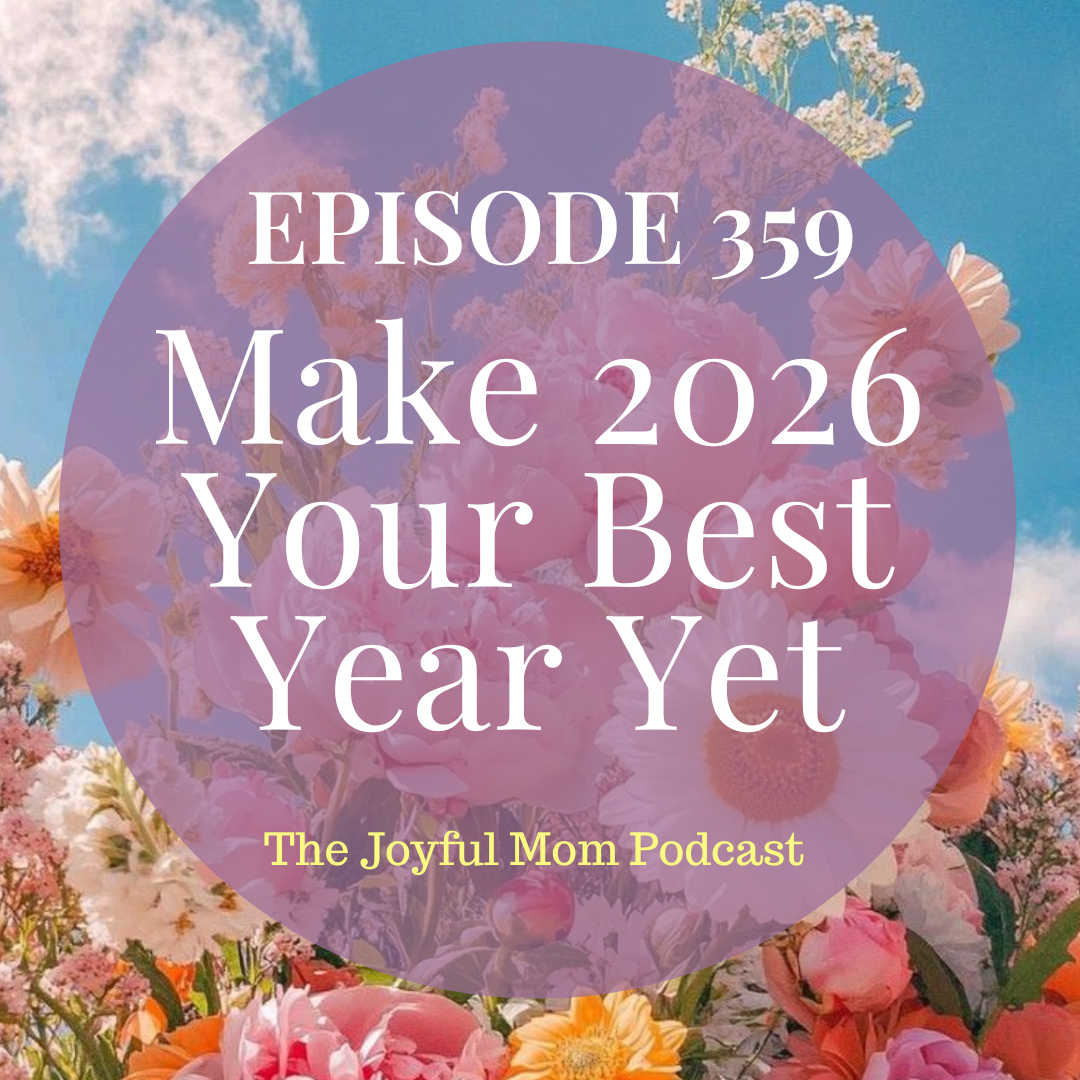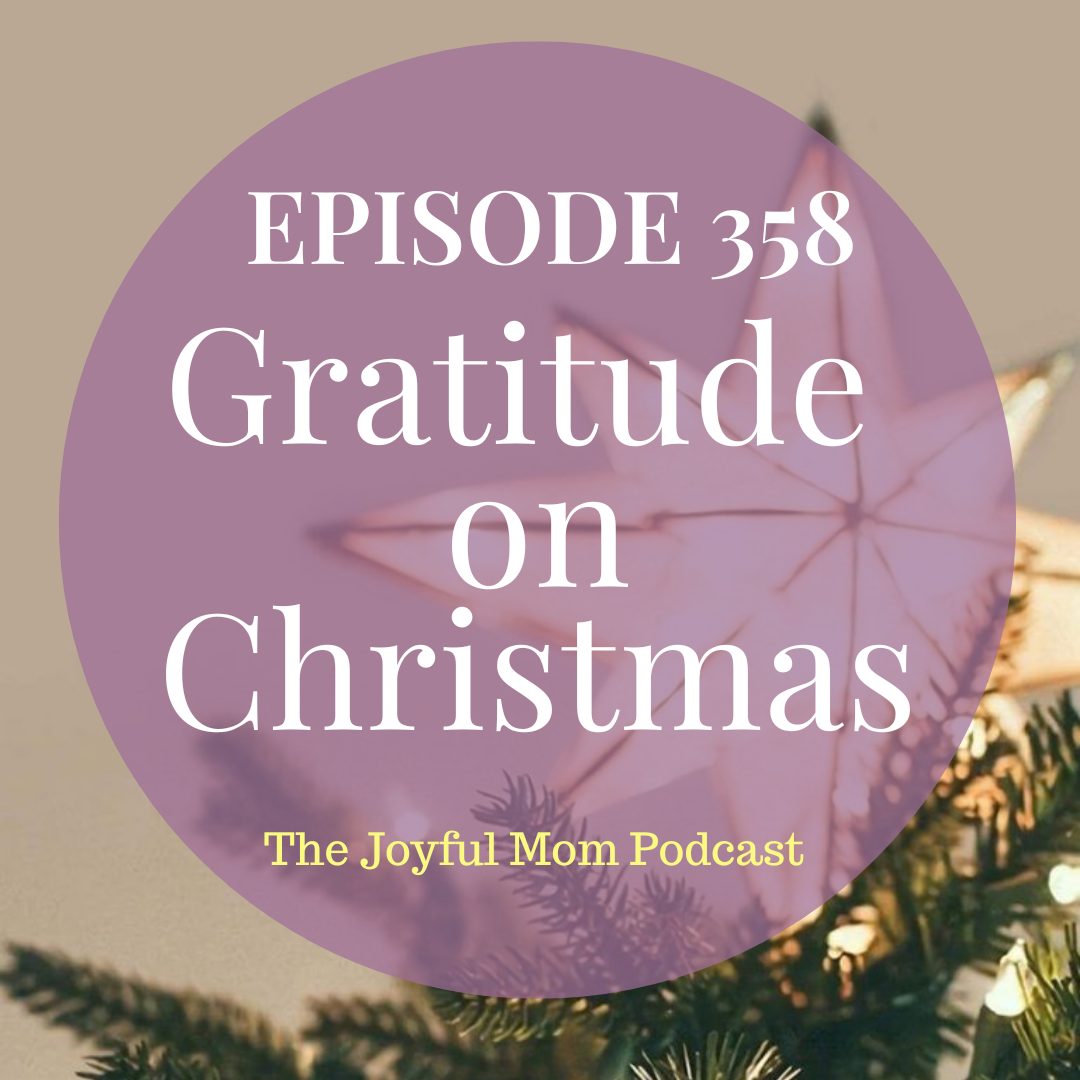256: A Complete Life
I have been looking at life through this lens lately, where I’ve not been asking if something is true or not, but if it has value to me or not, and if I like where it brings me closer or not.
We often judge thoughts by whether they are true or not. And the tricky thing with this, is what is true? You can ask someone else and they disagree with you. So you can have a thought that you believe to be true, but it’s not a fact. It’s not “true” because if it were a fact it would be a universal thought.
But anyways, instead, I ask does this have value? Does this thought support my life? Does this thought make things lighter for me or heavier? Does this thought serve me? Does this thought have value?
I love mountain biking, and if I were just about to start up a trail, someone would come and bring me an amazing new stroller. They told me it was the top of the line and exactly what I dream about in a stroller. And yet I’m going mountain biking. This stroller can be the most amazing stroller, but it has no value to me as I’m beginning my mountain biking trek. I would just have to carry it unnecessarily and that would be of no value for me.
So, in the same way, judge your thoughts, do they have value? It’s kind of funny because I’ve been realizing more and more lately that we can have a situation where we don’t know the truth. Say we have a relationship with someone else, and we don’t know their reason for doing something. We want to know the truth. We want to know what’s true or false. And what if you won’t find the reason? Will it be more valuable to come up with a horrible reason that causes a lot of pain and suffering? Or would it be more valuable to choose something else that makes you feel better?
I can hear some people saying this is just naive or burying your head in the sand. And it’s actually not. If there’s no way to know the “truth” either way, then why not choose the thing that brings more value to your life? Why not choose the one you like better? Either way, you won’t really know.
So this was my preface for today’s subject on the Grieving Moms Podcast. Some of you might be in a place where this lands and it feels good for you, and some of you might be too fresh or never be open to seeing this particular subject through this lens, and that’s completely okay. As always, everything I share is an opportunity to think a different way or see something through a different lens that might ease or lessen your suffering and pain.
Something that comes up again and again when your child dies, is the thought that this isn’t supposed to happen. Children are not supposed to die before their parents. Or feeling like their life got cut short.
I get it. Because it feels so true. This shouldn’t have happened. It’s not how it’s supposed to be. But when we are looking through this lens or if it’s adding value or not, not basing it off of whether it’s true or not, check again. Is the thought or belief that this shouldn’t have happened adding value to your life? Is it helping you learn how to live with this horrific pain, or making it worse?
As I was wondering if I should do the Rapid Resolution Therapy Training that I did and continue to do, I read this book called Grief is not Sacred that the founder Dr. Jon Connely wrote, and it really turns a lot of things about grief on its head and a lot of it I agree with, and some not, but a lot I can take forward into my work in continuing to help other moms.
And the idea that I want to talk about today is that a lot of us have a belief that our children’s lives got cut short. That they weren’t supposed to die so young, or this isn’t supposed to happen.
This whole notion of this wasn’t supposed to happen, this belief causes immense suffering because it’s trying to change what is. I want to share a little story that may or may not resonate with you. I'll share it, and you don’t have to agree with me, but just listen to see if it makes sense to you.
So, let’s start with this question. Would it have been better if your child or baby lived to be 100? We often think that longer is better.
But here’s the thing, how do we know 1 year isn’t better than 98 years? How are we supposed to know what’s a better amount of time?
If I were going to go watch a sunset, I’d rather have a 3-minute sunset with perfect weather and no bugs, than a 20-minute sunset that’s full of mosquitos, cold and miserable. Longer doesn’t equal better.
What if our child’s life was exactly the amount of time it was supposed to be and their life is complete and perfect as it is?
Would it have been better if it were longer? Shorter? We can’t answer that question, because only what has happened is what is exactly what it’s supposed to be.
Who’s to decide what should have been?
I know this may be hard for some of you to even grasp, and that’s totally understandable and fine. I’m not sure I could have even come to terms that Aria’s life was complete right away. And there are still times when it feels so unfair.
But overall, I do feel very comforted that her life was complete. She couldn’t have lived a moment longer, because she didn’t.
Her life here was perfectly complete. Exactly the amount of time she was supposed to have.
I’ve been learning that our unconscious minds only know to cause things to happen. So, if you keep wishing that your child was here, and thinking they should be here, your unconscious mind actually believes they are here, and keeps trying to get you to take action as if they are here.
This is where a lot of guilt comes from. Mind causes guilt to try to get you to do something that’s impossible to do.
So, you keep thinking they should be here, and your mind says, okay, go back and make them not dead 3 months ago. And it keeps trying, again and again, to get you to do that. And it’s literally something you cannot do.
And there’s such a disconnect because they are not here, but when you are wishing or thinking they should be here, your mind is simply believing they are here. And they are not. And so the cycle of pain and suffering comes in, because you keep thinking they should be here, and you try to change what happened, and you can’t.
And this is where so much pain comes in. It’s literally a cycle of pain. And a lot of it is unconscious. A lot of it comes from places you don’t even know are there.
So, who gets to decide what a complete life is? A full life? If your child only knew love from you, did they have a complete life, or were they gypped? If your child experienced many different experiences in life, did they have a complete life, or were they gypped? If you were to ask your child if they were gypped for life, what would they say? If your child had a hard life, was their life complete, and do you think they wish to be back in that? Would it have been better that they lived 30 more hard years? Or is their life complete?
I don’t know the answers to this for you, just something to ponder and think about.
And of course, you can throw this whole idea away as well. Nothing I ever share is universal and black and white. I believe it’s all fluid and thoughts to ponder and think about.
Have you felt anxiety after your child died?
The racing mind, unable to sleep, waiting for the next bad thing to happen, unable to breathe, panicky kind of anxiety, whole body riddled with anxiety?
Watch my free video on anxiety and grief below!
So that you can think clearly, feel calm in your body, and live your life without the chains of anxiety.

